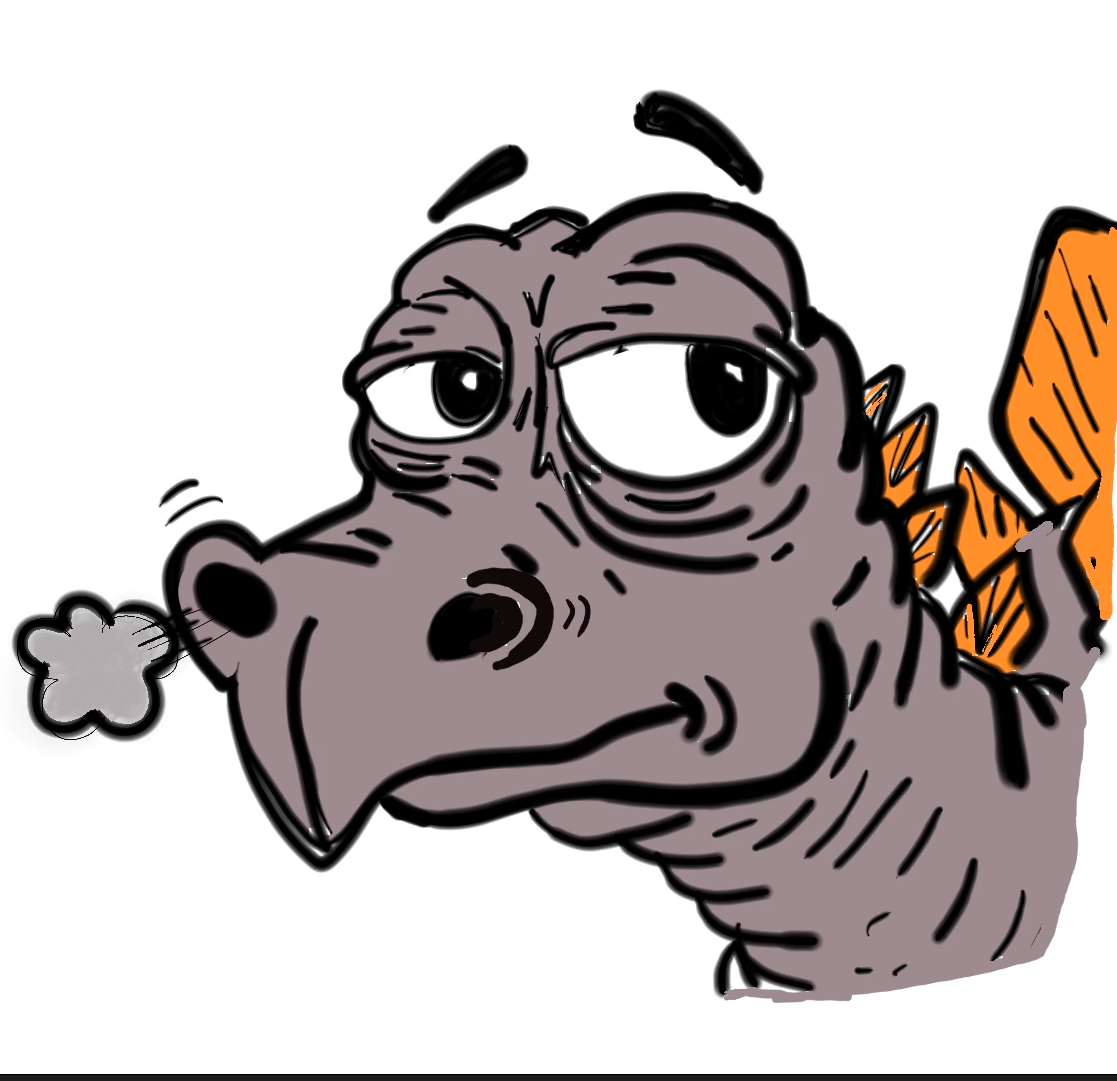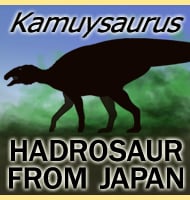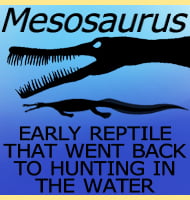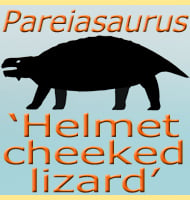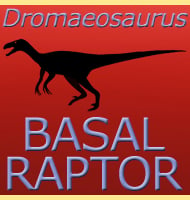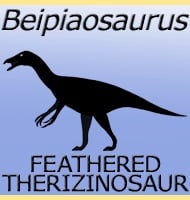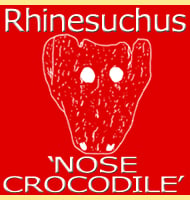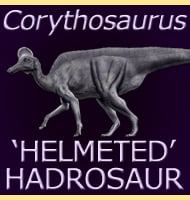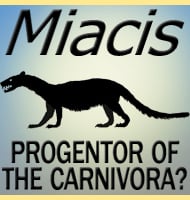In Depth
Amurosaurus has been based only upon very partial remains, though these were taken from a bonebed of multiple dinosaurs, and further remains are likely to be in there somewhere. Slowly the picture of a lambeosaurine hadrosaurid (the kind with a hollow crest) has been pieced together with an appearance similar to that of the earlier Corythosaurus from North America. One of the most interesting things about Amurosaurus is that once again we can see a lambeosaurine hadrosaurid living in Asia near the end of the Cretaceous at a time when they seem to have largely vanished from North America (instead solid to no crested saurolophine hadrosaurid were predominant here). This might actually correspond with one theory where the lambeosaurines are surmised to have evolved in Asia and then crossed over to North America via a land bridge.
The bone bed where fossils of Amurosaurus were found also has the remains of another hadrosaurid called Kerberosaurus alongside them. Many of these bones also bear the tooth marks of various theropod dinosaurs, though at this stage it is only evidence of feeding. They do not yet reveal if the dinosaurs had been killed or just scavenged by meat eaters. Another hadrosaurid discovered near the Amur River, though this time on the Chinese side is Charonosaurus. Predators of Amurosaurus may have included Asian genera of tyrannosaurs such as Tarbosaurus.
Further Reading
- [The hadrosaurs of the Amur Region.], Y. L. Bolotsky & S. K. Kurzanov - 1991. - The lambeosaurine dinosaur Amurosaurus riabinini, from the Maastrichtian of Far Eastern Russia, P. Godefroit, Y. L. Bolotsky & J. Van Itterbeeck - 2004. - Recent advances on study of hadrosaurid dinosaurs in Heilongjiang (Amur) River area between China and Russia, P. Godefroit, P. Lauters, J. Van Itterbeeck, Y. Bolotsky & I. Y. Bolotsky - 2011.
